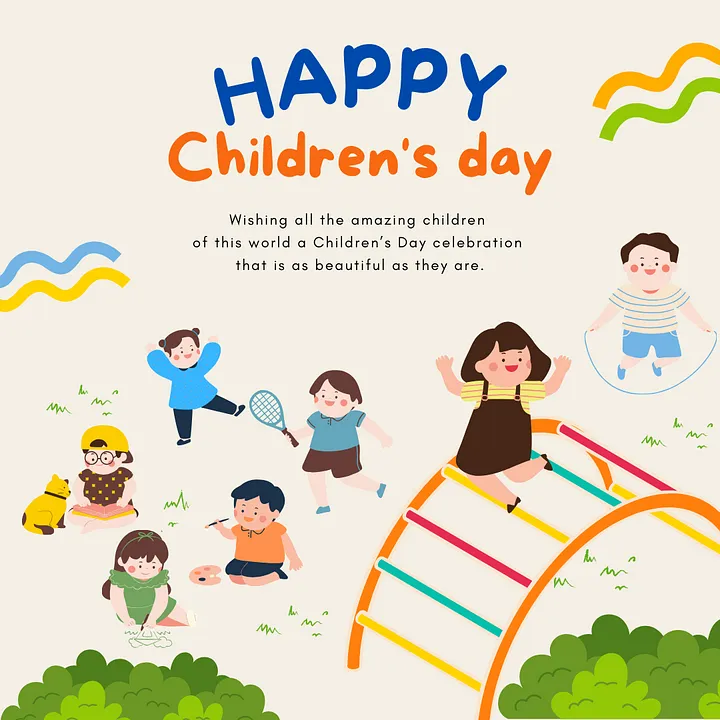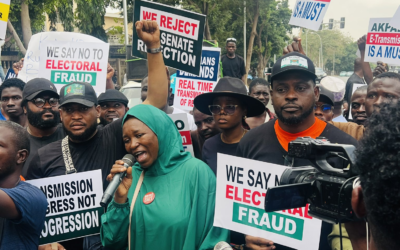
Children’s Day In Nigeria: Five Key Facts You Should Know

Every year on May 27, Nigeria joins the rest of the world to celebrate Children’s Day, a special occasion dedicated to honouring the joys and rights of childhood. It’s a day to spotlight the importance of nurturing, educating, and protecting the young ones while also reminding adults of their own childhood memories.
Here are five important facts about this celebration:
1. The roots of Children’s Day
The idea of setting aside a day for children dates back to 1857 when Pastor Charles Leonard of Massachusetts in the United States held a special service focused on children. This gesture inspired similar observances across the globe.
Internationally, Turkey marked one of the earliest Children’s Day celebrations on April 23, 1920. Later, during the 1925 World Conference on the Welfare of Children, June 1 was chosen as International Children’s Day.
2. Universal Children’s Day is held on November 20
In 1954, the United Nations General Assembly declared November 20 as Universal Children’s Day. It became even more significant in 1959 when the Declaration of the Rights of the Child was adopted. Thirty years later, in 1989, the Convention on the Rights of the Child was signed on the same date.
3. Not every country celebrates on the same day
While the UN recognises November 20, each country celebrates Children’s Day on a different date. In Nigeria, it’s May 27.
Other countries have their own dates, Japan celebrates on May 5, China on June 1, and the United Kingdom on August 20.

4. What Children’s Day means in Nigeria
Although May 27 is not a nationwide public holiday, it is officially recognised in schools across Nigeria. Most primary and secondary pupils get the day off for special activities.
Beyond the fun, the day is a reminder of every child’s right to education, good health, safety, and a chance to thrive
5. How the day is celebrated
In Nigeria, celebrations vary across states but often include parades, match-pasts, talent shows, funfairs, and school-organised outings.
READ ALSO: Ekiti: Kidnappers Threaten To Kill Our Children if Ransom is Not Paid – Parent
Stadiums, amusement parks, and media houses are popular venues for these activities. NGOs and government agencies sometimes use the occasion to reach underprivileged children with gifts, meals, or educational materials.
Parents also join in by treating their children to outings, gifts, or a homemade party.
Children’s Day is more than just a celebration. It’s a reminder that the welfare, rights, and voices of children matter, and that every child deserves to be seen, heard, and celebrated.








